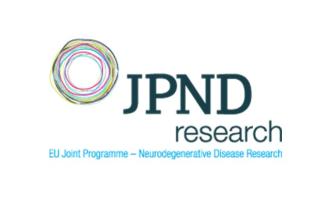Hypothalamic mechanisms of High-Calorie intervention in ALS (HiCALS)
Aim
Description
High-fat nutritional supplementation is the first non-pharmacological treatment recognized in clinical trials to significantly prolong the survival of a large fraction of ALS patients, in particular the fast progressors. Here we hypothesize that the efficacy of the high-fat diet is linked to central effects at hypothalamic level and is due to the correction of hypothalamic disturbances that drive hypermetabolism in ALS. Hypermetabolism is a newly identified clinical feature of Amyotrophic Lateral Sclerosis, associated with shorter survival and thought to pre-date the motor onset of disease. Substantial hypothalamic atrophy and degeneration of hypothalamic neurons suggest that the hypermetabolic state is causally related to hypothalamic dysfunction. We plan to verify if a high-fat diet actually acts through hypothalamic mechanisms rather than purely peripheral mechanisms, using a combination of human samples from clinical trials and experimental approaches in ALS mouse models. We will determine if the efficacy of high-fat diet is limited by the degree of the already existing hypothalamic atrophy at the time of therapy, and if specific lipidomic profile upon high-fat diet is associated with modifications of hypothalamic neuropeptides and prolonged survival. We will use single-cell transcriptomics to define the hypothalamic circuits affected by the high-fat diet in mice, and we will use chemogenetics to suppress or mimic high- fat diet effects by activating or deactivating specific hypothalamic circuits. Our consortium brings together chemists, bioinformaticians, clinicians, neuroimaging experts and molecular biologists to successfully address these questions. Our ultimate goal is to establish the high-fat diet as a mechanistically understood new, safe and effective disease- modifying intervention for ALS.
Coordinator
- Germany, Francesco Roselli, Ulm University
Partners
- France, Luc Dupuis, Strasbourg University
- Canada, Liang Li, University of Alberta
- Italy, Federica Agosta, IRCCS Ospedale San Raffaele
- Latvia, Baiba Vilne, Rīga Stradiņš University




